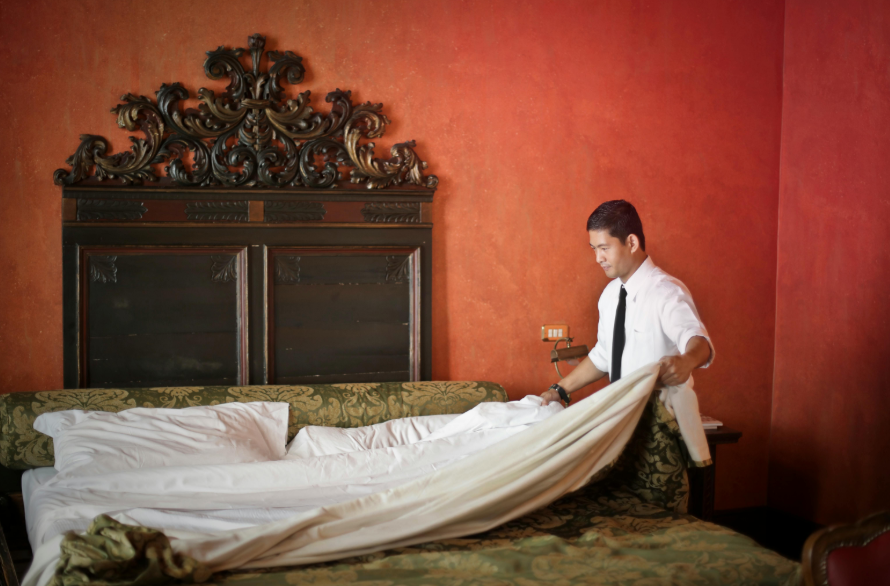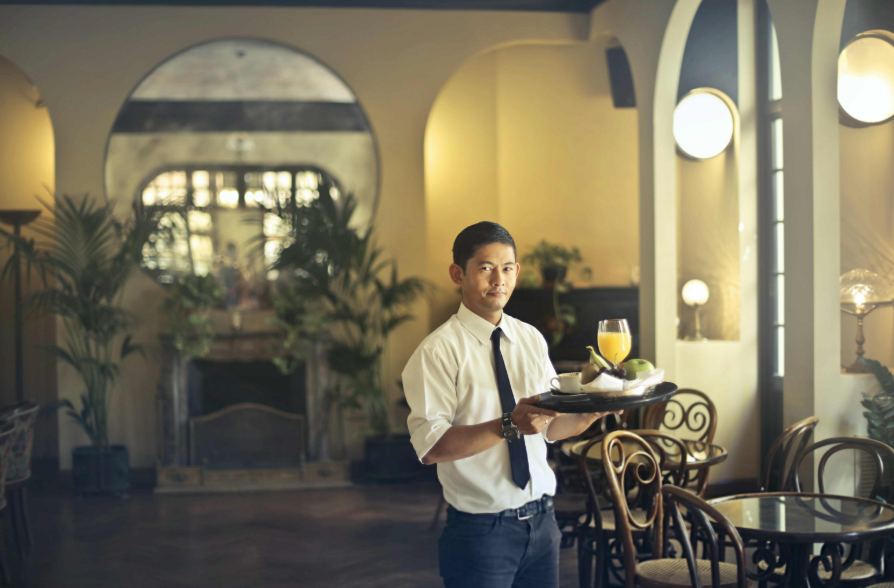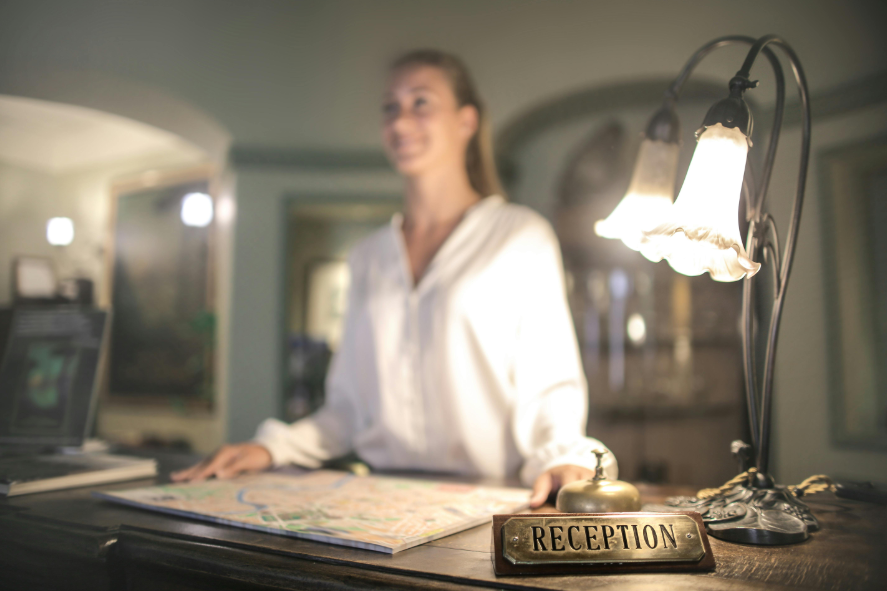Luxury retail figured something out before hotels did.
While hospitality brands were still focused on bookings, points, and property upgrades, retailers were busy rethinking the entire customer experience. Not just the product, but how it was presented, personalised, and delivered.
Now, hospitality is catching up. And the properties taking cues from luxury retail? They’re already seeing the difference.
If you’re still running your property with the same playbook from five years ago, you’re falling behind. Here’s how luxury retail strategies are redefining hotel management—and why the most successful properties are borrowing heavily from that industry.
1. Service isn’t a department—it’s the experience
In luxury retail, the customer experience starts the moment someone walks in. Associates are trained to read body language, adjust tone, and pace conversations to suit the customer’s energy.
According to Harvard Business Review, companies that successfully manage the entire customer experience see outsized rewards. Every touchpoint—from front desk to housekeeping—should feel like part of a seamless, emotionally intelligent experience.
The top hotel brands are now retraining their teams not just to respond to requests, but to anticipate and shape the guest experience in real time.
2. The hidden gold mine: guest data analytics
Remember the last time you returned to your favourite hotel and everything—room temperature, pillow type, welcome drink—was exactly how you like it? That’s data at work.
Deloitte’s Travel and Hospitality Outlook shows that hotels using guest data effectively see significantly improved satisfaction scores and stronger revenue.
Forward-thinking properties are building comprehensive preference profiles, much like high-end retailers have been doing for years. Personal shoppers at Harrods or Bergdorf Goodman knew your tastes before you arrived—hotels are catching up fast.
3. Staff training goes beyond service scripts

Walk into a Chanel or Louis Vuitton store and staff don’t behave like typical retail associates. They act as brand ambassadors—knowledgeable, personal, and present.
This same approach is redefining hotel service. Guests no longer want robotic courtesy. They want personality, confidence, and connection.
The key isn’t better scripts—it’s better people and smarter training.
4. The emotional power of physical space
Luxury retailers have long understood the emotional impact of design. Step into a Hermès boutique and you’ll feel it: the lighting, scent, acoustics, and layout are all intentional.
They’re not just selling a bag—they’re selling a feeling.
Boutique hotel brands such as Aman, Six Senses, and Capella have adopted this mindset. Their properties are sanctuaries, not just spaces to sleep. Every detail contributes to a sense of transformation, which is why they can command triple the rate of competitors nearby.
5. Technology as an enabler, not a replacement
Luxury retailers use technology seamlessly. You won’t see obvious screens in a Burberry flagship, but AI, RFID, and CRM tools are humming quietly in the background.
The best hotels are taking note.
According to Skift Research, luxury properties with discreet, well-integrated tech see 23% higher guest satisfaction than those with clunky, overly visible systems.
From mobile check-in to personalised lighting presets, tech should enhance—not interrupt—the experience.
6. Sustainability as the ultimate luxury
Affluent customers are increasingly defining luxury by ethics, not excess. Brands like Stella McCartney and Brunello Cucinelli lead with sustainability, knowing their clientele demand purpose along with polish.
In hospitality, the same shift is underway.
Today’s luxury travellers aren’t impressed by towel reuse cards—they’re looking for resorts powered by renewables, with zero-waste kitchens and meaningful local impact.
The properties embracing genuine sustainability are winning hearts, headlines, and market share.
Why this matters for a career in hospitality

Learning about these strategies is one thing. Applying them is something else entirely.
Hospitality leaders who understand this convergence—where luxury service meets guest psychology, brand storytelling, and sustainability—will be the ones setting the pace for the next decade.
The shift is already influencing how tomorrow’s hoteliers are trained. At schools like Les Roches, future hospitality professionals are learning not only traditional management skills, but also how to blend design thinking, data fluency, and guest-centric strategy to deliver next-level luxury experiences.
The most effective way to keep up? Find mentors who’ve worked across retail and hospitality, embrace cross-industry learning, and pursue ongoing training that reflects how luxury expectations are evolving.
Final thought
The playbook for luxury hospitality is being rewritten—and retail wrote the first draft.
As travel rebounds and guest expectations grow, the brands that lead will be the ones that adapt fastest. Properties that embrace this retail-hospitality fusion will unlock premium pricing, brand loyalty, and a whole new level of guest satisfaction.
The question isn’t whether the industry will move in this direction. It’s who will lead the way.
With the right mindset and training, you could be one of them.
I’m Laura Wilson, a passionate blogger and content creator with a deep interest in business, finance, and entrepreneurship. I’ve had the opportunity to write for several premium blogs, sharing insights & practical advice for individuals & small businesses. I’m the founder and publisher of ukbusinessmag.co.uk, where I focus on creating valuable, easy-to-understand content to help UK startups & SMEs grow.



